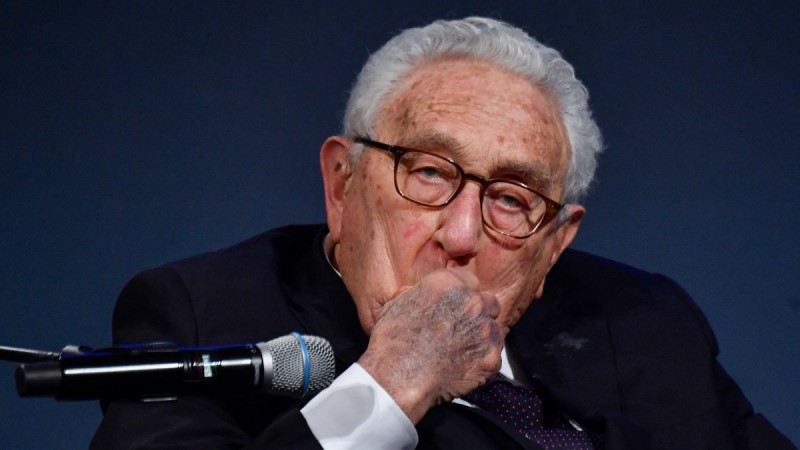Henry Kissinger, former US Secretary of State, gave an interview to The Spectator at the beginning of July, in which he explained that there are currently three possible outcomes of the war, all three are possible, at least to a certain extent.
According to the first, Russia will win:
"If Russia stops where it is now, it will conquer 20 percent of Ukraine and most of Donbas, the main industrial and agricultural area, as well as the strip of land along the Black Sea. This will be a victory for him, despite the setbacks he suffered in the beginning. NATO's role will not be as decisive as previously thought."
The other outcome is
"that they try to push the Russians out of the territories acquired before the war, including Crimea, in this case the question of direct (NATO) confrontation with Russia itself also arises."
"The third outcome that I outlined in Davos, and which I get the impression that Zelensky has now accepted, is that if the 'free people' can prevent Russia from making military conquests, and if the battle line returns to the position where the war started, then the current aggression is apparently defeated. Ukraine is being reshaped in the shape it was at the beginning of the war: this is the battle line after 2014. It will be re-armed and closely associated with, if not part of, NATO. And the remaining issues could be left to negotiations," Kissinger said.
According to Kissinger, the release of certain territories, including Crimea, will be necessary to end the war. However, this would also require the Ukrainians to push back the Russians from the territories they occupied this year.
According to the former foreign minister, the third outcome would be the most ideal for the West.
About China
In the interview, Kissinger also addressed the United States' China policy.
"The US China policy since Trump seems to be based on the idea that if the US builds alliances around China, it will convince Beijing to accept the rules of behavior established in the West"
said the diplomat.
"The thousand-year history of China is the history of a country that dominates its region by orders of magnitude. This has created a foreign policy style in which it seeks its influence through the magnitude of its achievements and the majesty of its behavior, which it reinforces with military force when necessary, but does not dominate. A long-term policy towards China therefore needs two elements: one is sufficient force so that Chinese power can find its people where it is dominant. But at the same time, we need a concept in which China can see itself as an equal party and a participant in the system," explained Kissinger, who said that it is not right to focus on Taiwan, it can only lead to confrontation.
Featured image: John MACDOUGALL / AFP












